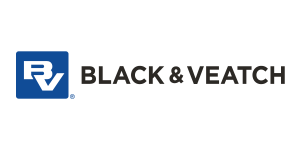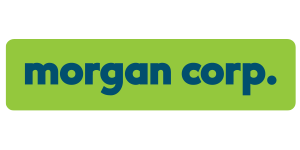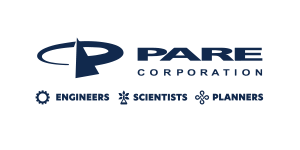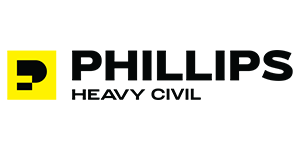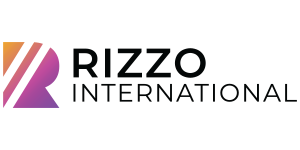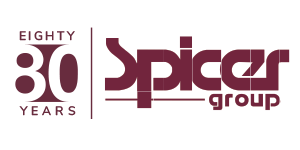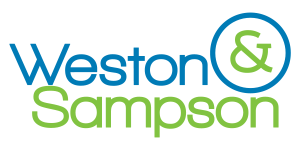Dam Safety 2025: Call for Abstracts
Dam Safety 2025 is the premier conference for dam and levee safety professionals in the United States. Make plans now to share your knowledge with the dam safety community in Cleveland, OH, September 21-25, 2025.
The deadline to submit your abstract is 11:59 PM Eastern on February 9, 2025.
About the Dam Safety 2025 Educational Program
ASDSO’s national conference is well known throughout the U.S. and internationally as a resource for practical information on the day-to-day activities of those working to keep dams safe. The primary focus of the conference is the effective application of knowledge and technology to real-life problems faced by dam and levee safety professionals.
Suggested Topics:
- Failures, Incidents, and Investigations
- Hydrology & Hydraulics
- Geotechnical or Structural Issues
- Emergency Preparedness/Emergency Response
- Design & Construction
- Inspections
- Use of New Technology
- Removal, Decommissioning, and Environmental Issues
- Regulatory Programs
- Dam Owner Issues
- Rehabilitation Case Studies & Lessons Learned
- Risk Assessment/Risk Analysis
- Instrumentation and Monitoring
- Tailings Dams
- Risk-Informed Decision-Making
- Site Security
- Public Safety at Dams
- New and Emerging Technologies
- Climate Change
Presentation Formats:
The Dam Safety 2025 conference offers a variety of information-sharing opportunities. Those who submit abstracts may be selected for any of the following presentation formats:
- Traditional agenda presentations – Typically 30 minutes in length (20-25 minutes of presentation and 5-10 minutes for questions).
- Grab-N-Go Info Sessions – Each speaker will have ten to fifteen minutes to illuminate the audience. Be creative and deliver your message succinctly. Q & A will be limited.
- Poster Forum / Lightning Talk – Each accepted presenter prepares a visual representation of his or her topic for the poster forum, which is open during all exhibit hours. In addition, poster presenters also participate in the conference Lightning Talks where they highlight the topic’s most interesting points in a 3-minute talk on the exhibit hall stage.
- Post-Conference Workshops – Half or full-day workshops with multiple presenters on a focused dam or levee safety topic. Workshops will be held on Thursday, September 25.
You will have the opportunity to suggest which type(s) of presentation would best suit your topic. The selection committee will consider preferences and assign topics to session formats based on the overall scope and length of the conference program.
Conference Papers:
All selected presenters, regardless of the presentation type, are highly encouraged to submit a technical paper to be published for conference attendees. This allows presenters to expand upon topics and include detailed information that does not fit into an agenda or poster presentation. We frequently hear from attendees about how important the written papers are to their conference experience.
In addition, conference attendees increasingly ask for copies of the PowerPoint presentations from conference sessions. We also encourage all presenters to submit their slides for inclusion on the conference website and the Conference app.
Judging Procedures and Deadlines:
- All abstracts must have been submitted on-line by 11:59 PM Eastern on February 9, 2025.
- The Conference Program Committee will review all abstracts submitted by the deadline and will make selections for the conference agenda.
- Proposals constituting sales pitches for products or services will not be considered.
- Selections will be announced in late April or early May.
If you are selected, while it is not mandatory, it is highly encouraged that you publish a conference paper. Your draft paper must be submitted for peer review in early June. You will receive comments from the paper’s reviewer, and the final paper will be due in mid-August. Papers will be published and distributed in digital format prior to the conference.
Agreeing to be a presenter at Dam Safety 2025 constitutes an agreement that the presenter will register for the conference at the appropriate fee, attend the conference, and present the paper. ASDSO does not provide complimentary registration for conference speakers.
Complete instructions for speaker and paper preparation will be provided upon notification of a paper’s acceptance.
Tips and Recommendations for Writing a Good Abstract:
An abstract is a short summary of your topic. If done well, it makes the reader want to learn more about your topic. These are the basic components of an abstract in any discipline:
- Motivation/problem statement: Why do we care about the problem? What practical, scientific, or theoretical gap is your topic filling?
- Methods/procedure/approach: What did you actually do to get your results? (e.g., modeled, designed, constructed, etc.)
- Results/findings/product: As a result of completing the above procedure, what did you learn or create?
- Conclusion/implications: What are the larger implications of your findings, especially for the gap identified?
The conference program committee suggests these easy-to-implement guidelines for achieving a favorable review of your abstract:
- Paper titles should be short, but descriptive, and should indicate benefits to the audience.
- Do not send supplemental materials (photos, articles, or reports) with your abstract. These will not be seen by the program review committee.
- Limit abstracts to approximately 350 words (400 words max).
- Present your findings in the abstract. Do NOT say that results will be discussed or forthcoming.
- Numerous case study abstracts are submitted each year that describe generic dam safety improvements. If submitting a case study, make the project's most compelling issue or interesting aspect the main focus of your abstract.
- Be clear and concise! Provide only the information needed to make your point. Unfocused abstracts that ramble may lose the interest of the reviewer.
- Don't cut and paste sentences from a full technical paper into your abstract. Writing that is appropriate for long papers is often too detailed for abstracts.
- Identify key messages about the rationale for your work, the methods, and the conclusions before you write. Know in advance what is important or unique about your topic, what you did, why you did it, and what you learned.
- Write in the active voice.
- Avoid jargon and explain uncommon acronyms.
- Proofread your abstract before submitting it. Pay particular attention to spelling, grammar, punctuation, and all numbers.


